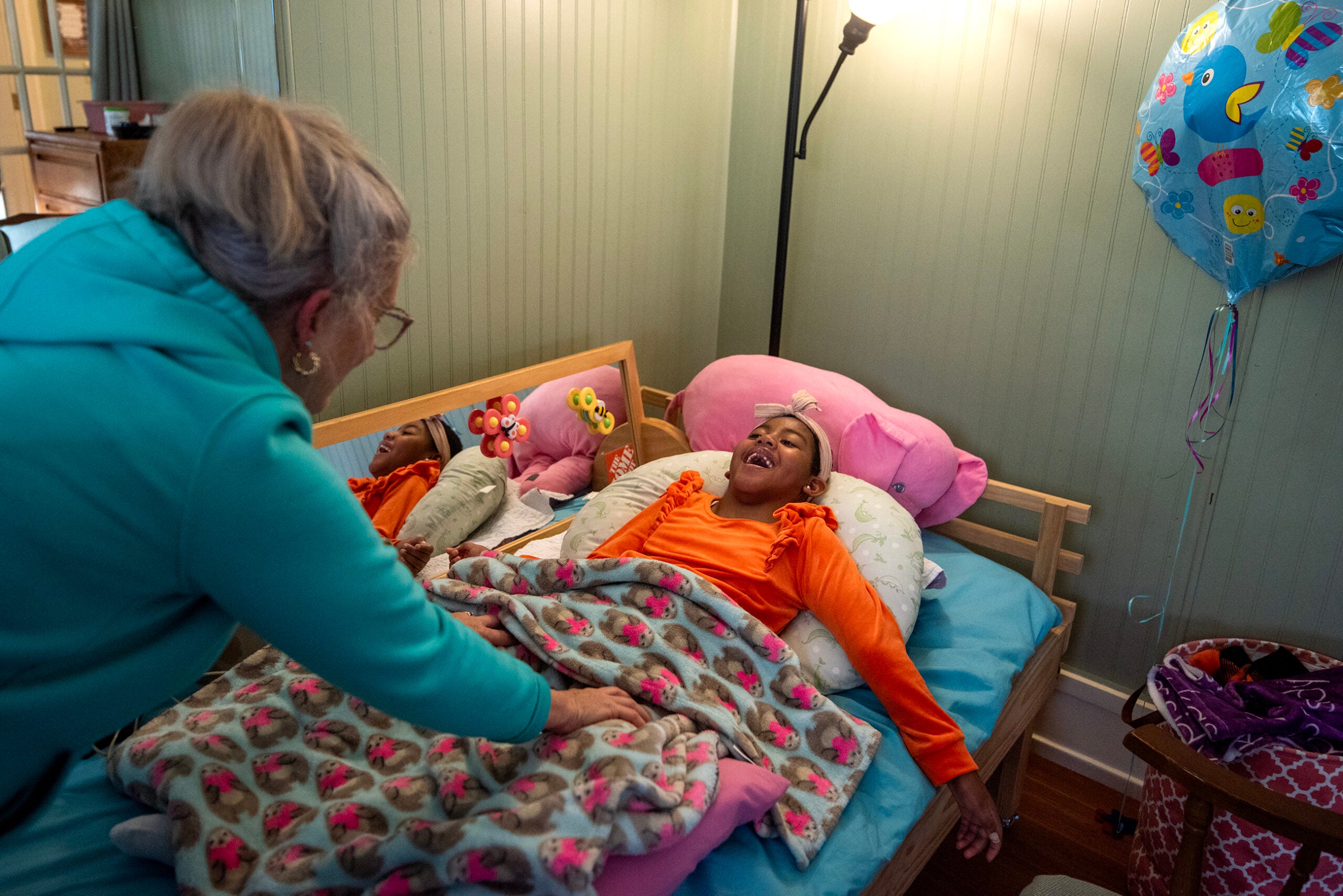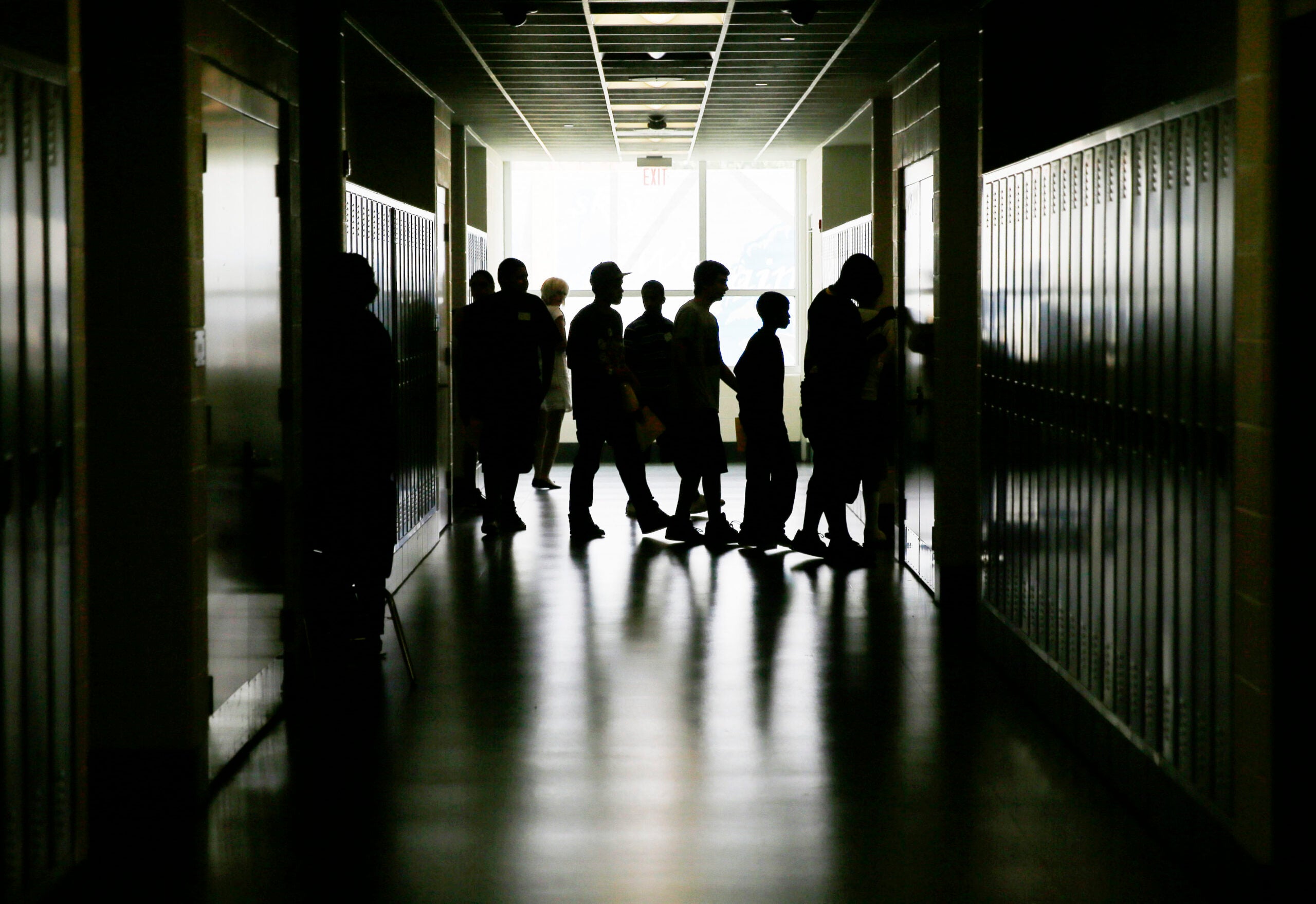As Wisconsin clocks moved forward once again this week in accordance with daylight saving time, lawmakers across the country are weighing whether to keep the seasonal time shifts.
In the Midwest, Minnesota and Ohio have passed legislation to end twice a year clock changes. The legislation would only take effect with nationwide change. Wisconsin is one of 30 states without legislation calling for a permanent daylight saving time, according to the National Sleep Foundation.
This month, U.S. Sen. Marco Rubio, R-Florida, reintroduced a bill called the Sunshine Protection Act that would extend daylight saving time from eight months to 12 months. In 2021, Rubio introduced a similar bill that passed the Senate but failed in the House.
News with a little more humanity
WPR’s “Wisconsin Today” newsletter keeps you connected to the state you love without feeling overwhelmed. No paywall. No agenda. No corporate filter.
Health organizations, such as the American Academy of Sleep Medicine, support the elimination of daylight saving time. Wisconsin sleep specialist Dr. Alexander Villareal also backs the change.
Villareal is medical director of a sleep center at Gundersen Health System in La Crosse. He recently joined Wisconsin Public Radio’s “The Morning Show” to discuss how to adjust sleep habits during seasonal time changes.
Villareal said he supports eliminating seasonal clock changes because keeping them “contributes to safety risks that (disproportionately affect) children and the elderly, especially with driving safety.”
The following was edited for clarity and brevity.
Kate Archer Kent: How does the spring forward time change affect our sleep?
Dr. Alexander Villareal: The average person gets 40 minutes of less sleep. Although it might not sound like much, as a society we’re chronically sleep-deprived so that increases the impairment for sleep. Additionally, it does change the body clock and some people are forced to get up and function at a time when they feel the drowsiest.
KAK: Explain a little bit about how sunrise and sunset affects our sleeping and waking habits and our internal clocks.
AV: We all have an internal body clock in our brain called the suprachiasmatic nucleus that adjusts and synchronizes with your environment thanks to the light that you get. This light, as it hits your eyes, sends that signal to your brain. In turn, it will suppress melatonin, which is sort of like your sleeping hormone.
This activates your body clock to tell your brain when it’s supposed to be awake. This is why if you were to travel to another time zone, eventually you get that new time zone down if you get exposed to set light and keep that normal routine.
KAK: How does sleep deprivation affect a person’s day-to-day behavior? What do you see in the research and in your patients?
AV: Sleep deprivation has several negative effects. First, sleepiness affects concentration. You’re not able to function and work at your highest level. Secondly, it affects areas of your brain that are related to memory. You may not be able to recall and remember things very well. It does also affect your frontal lobe. Therefore, you are more impulsive and might be more rash with your decision-making.
It also has some hormonal properties, so it can affect areas of your metabolism by suppressing leptin and increasing ghrelin. This in turn will increase your appetite and cravings for carbs, causing more weight gain. A lot of people think that if they have sugar, it’s going to help with their sleepiness. But it’s because they’re sleepy and sleep-deprived that they crave those carbs.
KAK: A study from the Journal of Clinical Sleep Medicine shows daylight savings can cause teens to lose an average of 32 minutes of sleep per night. How can parents and caregivers help the youth adjust better?
AV: I think open and honest communication is very helpful. I think the National Sleep Foundation has some excellent information for sleep and teens. It shows some of the benefits of getting that additional sleep, better academic performance, safer drivers. A lot of teenagers get into car accidents early in the morning, 7:00 to 8:00. They tend to be owls.
On top of that, they’re sleep-deprived. They can have more issues and less experience driving. It’s just the perfect storm for increased car accidents in the morning. Let them know that they can be safer if they can function better. There’s even studies that show that if you get enough sleep, you look better.
KAK: What about people who work shifts, and who work overnight shifts in particular? What is your advice to them?
AV: Seven to eight hours over a 24-hour period would be best. If they have a larger chunk of sleep on a regular schedule, that would be the best. But if they can’t, look for what’s called an anchor sleep (a portion of sleep that occurs at the same time each day). Getting a long nap about an hour before their shift — usually two or three hours — can help them function better.
For those who have a swing shift — railroad workers, police officers, health care workers — then that really becomes tricky. I think a lot of companies have been much more aware of this and they’re trying to leave enough time for people to adapt to their new schedules, leaving them for breaks in between changes in their schedules and moving things forward, because it’s easier to stay up late as opposed to trying to go to bed earlier.
Wisconsin Public Radio, © Copyright 2025, Board of Regents of the University of Wisconsin System and Wisconsin Educational Communications Board.







